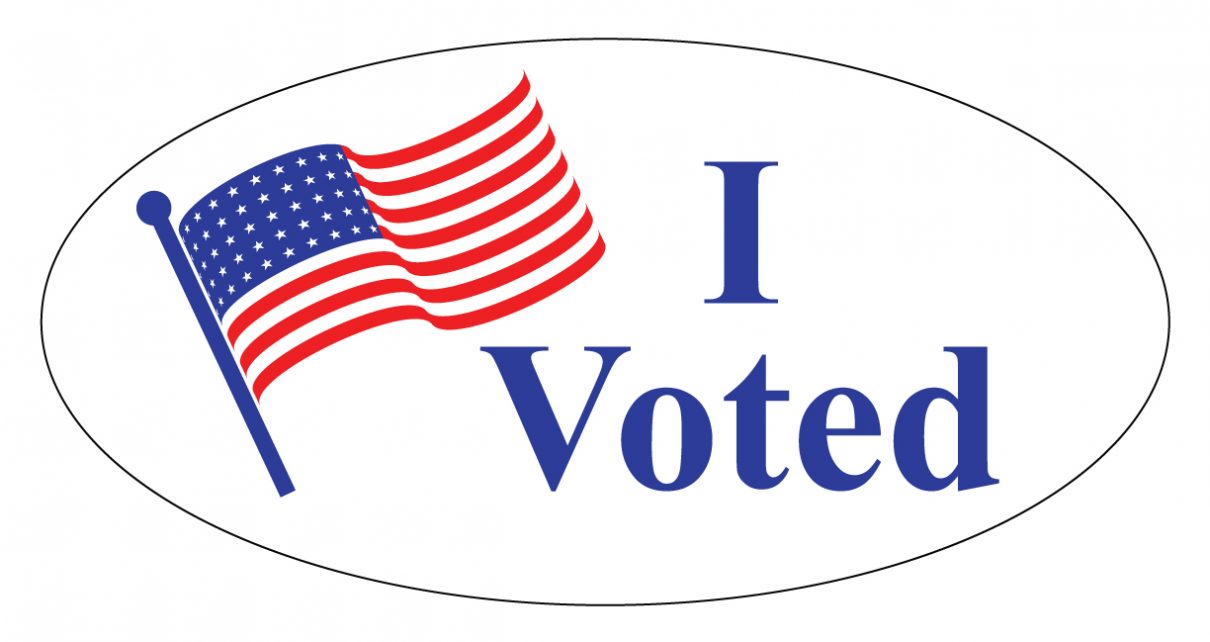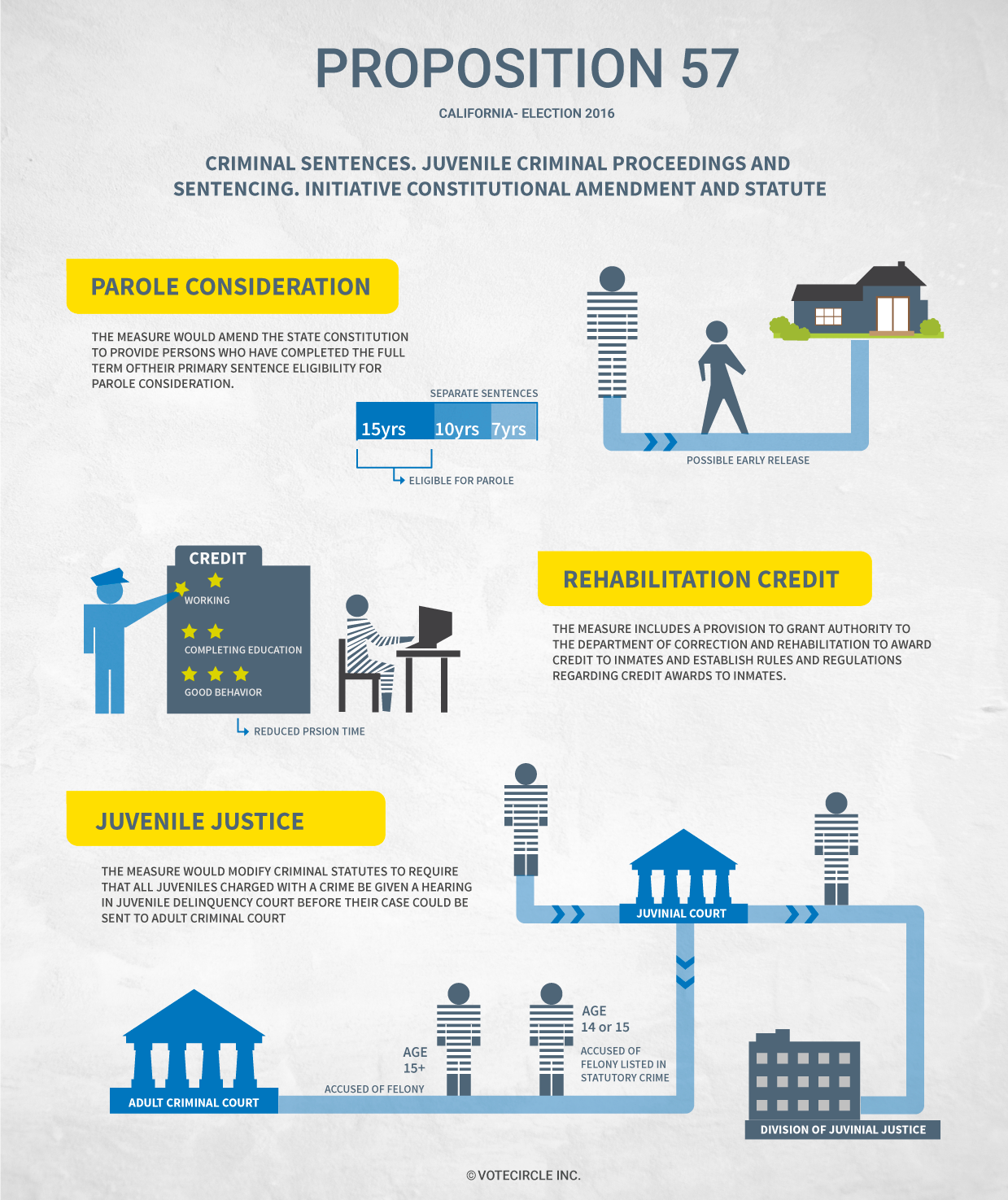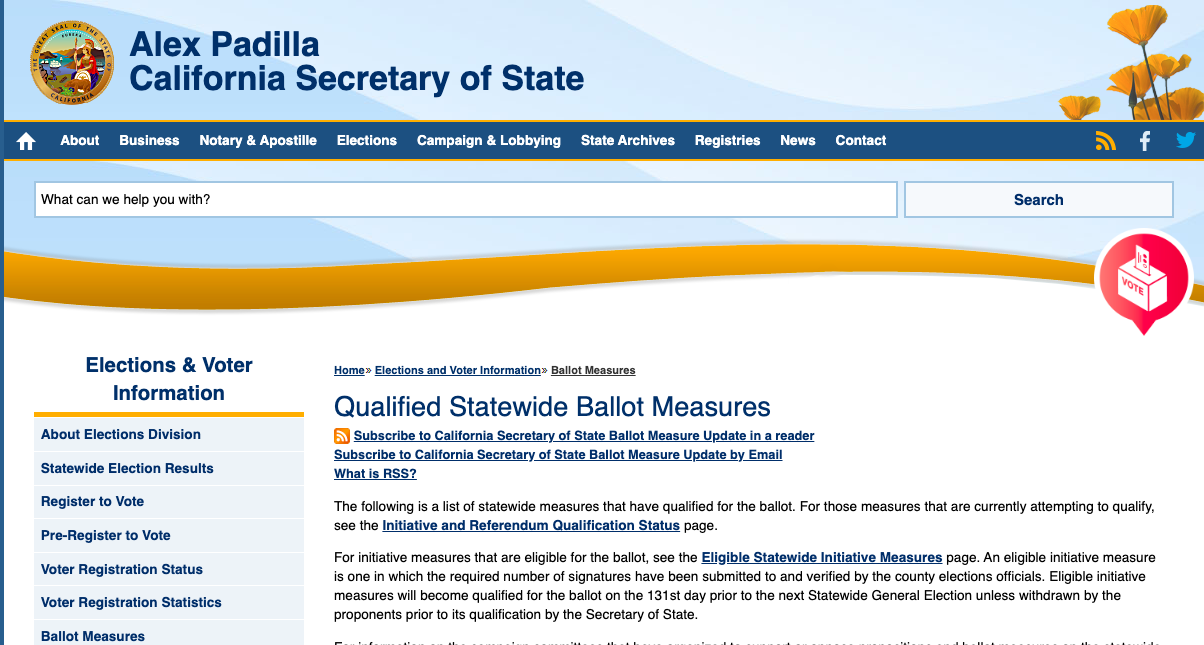
'I Voted' sticker. (Photo: ebay)
California’s Ballot Initiative Transparency Act
Ballot initiative measures allow California voters to participate directly in lawmaking
By Chris Micheli, November 7, 2020 7:10 am
In 2014, then Senate President pro Tempore Darrell Steinberg authored SB 1253, which was enacted in late September as Chapter 697. Section 1 of the bill established the act as the “Ballot Initiative Transparency Act.” Section 2 of the bill set forth the following legislative findings and declarations as the basis for the measure:
“(a) Initiative measures, also known as ballot measures or propositions, allow California voters to participate directly in lawmaking. California voters have enjoyed the right to enact laws through the initiative process since 1911. However, many voters find it difficult to understand the language of an initiative measure and to learn who is behind an initiative measure.
“(b) It is the intent of the Legislature in enacting this act to update the initiative process, which is more than 100 years old, by doing all of the following:
“(1) Providing voters with more useful information so that they are able to make an informed decision about an initiative measure. Under this act, the Secretary of State would be required to give voters one-stop access to a clear explanation of each measure and information about the individuals and groups behind each measure. This would give voters updated information about who is spending large sums of money to support or oppose each initiative measure. Voters would also be allowed to request an electronic copy of ballot materials, thereby reducing the expenses of printing and mailing.
“(2) Providing a voter-friendly explanation of each initiative measure. The act would require that ballot materials be drafted in clear and impartial language.
“(3) Identifying and correcting flaws in an initiative measure before it appears on the ballot. Currently, proponents of an initiative measure have few options to correct the language of an initiative measure or to withdraw a petition for a proposed initiative measure, even when flaws are identified. This act would give voters an opportunity to comment on an initiative measure before the petition is circulated for signatures. Public comment may address perceived errors in the drafting of, or perceived unintended consequences of, the proposed initiative measure. By extending the time for gathering signatures, this act would give the Legislature the opportunity to hold earlier public hearings to review initiative measures. This act would also allow the proponents of an initiative measure to withdraw the measure after the petition and signatures are submitted to elections officials, but before the measure qualifies for the ballot.”
SB 1253 requires the Attorney General, upon receipt of a request to prepare the circulating title and summary, to initiate a 30-day public review process for the proposed initiative measure. Thereafter, the bill requires the fiscal estimate to be prepared jointly by the Department of Finance and the Legislative Analyst. The law requires the fiscal estimate to be delivered to the Attorney General within 50 days of the date of receipt of the proposed initiative measure by the Attorney General, rather than 25 working days from the receipt of the final version of the proposed initiative measure.
The law also extended the date that a petition with signatures on a proposed initiative measure is required to be filed with the county elections official to not later than 180 days from the official summary date. Instead, the law requires the Secretary of State to issue a notice directing that signature verification be terminated. The law requires the Secretary of State to identify the date of the next statewide election and, on the 131st day prior to that election, to issue a certificate of qualification certifying that the initiative measure is qualified for the ballot at that election.
SB 1253 requires the Secretary of State to transmit copies of the initiative measure and circulating title and summary to the Legislature after receiving a certification from the initiative proponents, signed under penalty of perjury, that they have collected 25% of the number of signatures needed to qualify the initiative measure for the ballot. The law then requires the appropriate committees of the Senate and Assembly to hold the joint public hearing on the subject of the measure not later than 131 days prior to the date of the election at which the measure is to be voted upon.
The law also requires the Secretary of State to establish processes to enable a voter to receive the state ballot pamphlet in an electronic format instead of by mail. Also, the Secretary of State is required to create an Internet Web site, or use other available technology, to consolidate information about each ballot measure in a manner that is easy for voters to access and understand. The Internet Web site must include a summary of each ballot measure and identify the donors and other sources of funding for the campaigns for and against each ballot measure.
In addition, SB 1253 authorizes the proponents of a statewide initiative or referendum measure to have the measure withdrawn from the ballot at any time before the measure qualifies for the ballot. A petition for a statewide initiative measure is required to contain additional prescribed language in its notice to the public describing the right of proponents to withdraw the measure from the ballot.
Finally, SB 1253 makes it a crime for a proponent of a statewide initiative measure to seek, solicit, bargain for, or obtain any money or thing of value of or from any person, firm, or corporation for the purpose of withdrawing an initiative petition after filing it with the appropriate elections official.
- Second Quiz on Where Areas of Law Are Found in the California Codes - December 21, 2025
- Bonds and Undertakings in California - December 21, 2025
- Pleadings in Eminent Domain Cases - December 20, 2025




